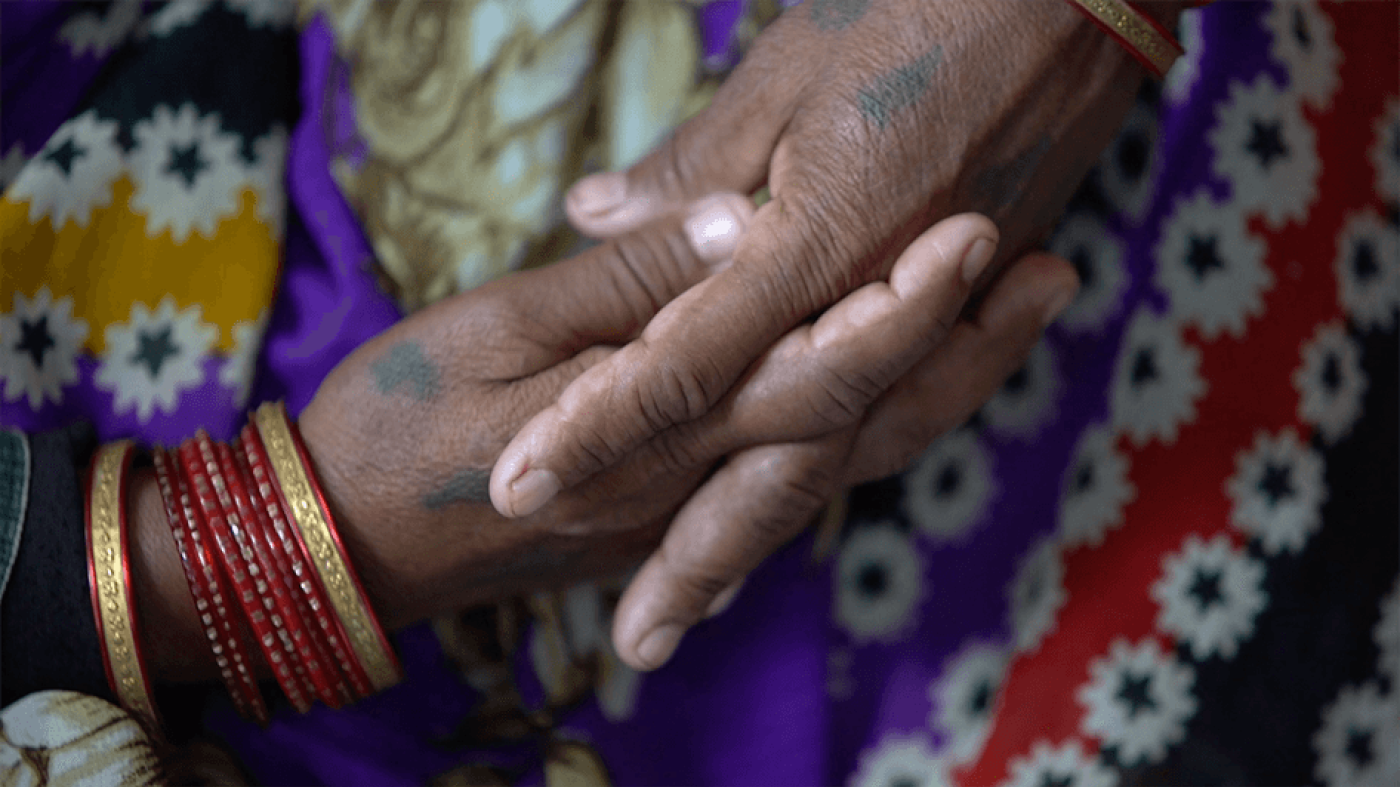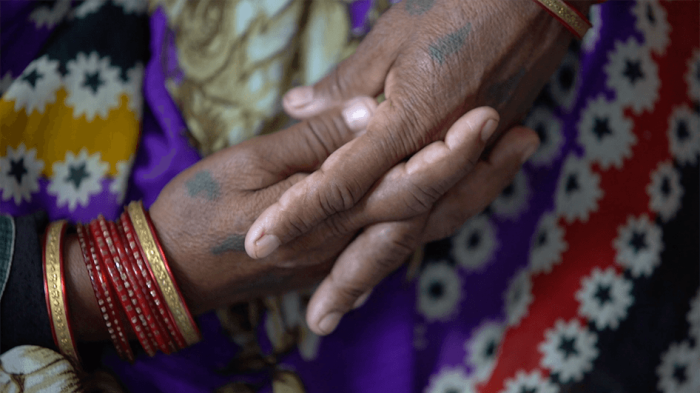What should have been a short ride from one village to another in India turned into a nightmare that will haunt Kajal (not her real name), a shy young woman, for the rest of her life.
Kajal, who was 23 and married at the time, had set out on foot to take some homemade roti – unleavened flatbread – to her sick mother in a nearby village. An acquaintance offered her a lift in his car. Seeing that there was another woman among the passengers, she accepted. Midway, however, the woman got off, and Kajal found herself alone with the driver and his two male friends.
The car’s tire had a puncture, they told her. She would have to get out so they could fix it. What followed from that fateful moment two years ago would leave her bruised and traumatized: a gang rape by the roadside, hostile encounters with doctors and police officers, the breakup of her marriage, alienation from family and friends, and constant taunting and harassment. Had it not been for a local organization that aims to empower rape survivors, Kajal may never have found the courage to speak up and fight for her rights.
Five years since the brutal gang rape and murder of a young student in Delhi caused national and international outrage, India has made serious efforts to strengthen the rights and recourse of women and girls who have survived rape and sexual violence. Punishment has become more stringent; police officers are required to file complaints of sexual assault; medical guidelines call for counseling to be offered during forensic examinations; and rape survivors are officially entitled to compensation. None of these reforms, however, have been fully realized, Human Rights Watch found in a new report, “Everyone Blames Me.”
Women and girls who survive rape and other sexual violence often suffer humiliation at police stations and hospitals. Police are frequently unwilling to register their complaints; victims and witnesses receive little protection; and medical professionals still compel degrading and intrusive tests, purportedly to determine whether a woman is “habituated to sex.” Counseling and legal support, meanwhile, are barely accessible, especially for women like Kajal, who live far away from urban centers.
Knowing that many poor rural women have no access to lawyers and often barely know their rights, the local office of Jan Sahas, the community-based organization that eventually helped Kajal, routinely scans local newspapers for reports about sexual abuse. It was from a local Hindi language paper that Jan Sahas found out about “a suspicious incident” near the village of Neemuch, where Kajal was attacked.
Having spent most of the night of the rape at the hospital, waiting to be examined, Kajal had been asked to return to the police station the next morning to make her statement. A crowd of reporters had gathered outside, their cameras clicking away. The publicity would propel Jan Sahas into action, but it also would, as Kajal was about to find out, turn her entire life upside-down.
When a Jan Sahas case worker and lawyer met with Kajal five days after the attack to offer help, they found a frightened young woman, reluctant to talk. As she gradually began to trust them, the story they managed to coax out of her was one of police brutality and victim blaming.
The doctor who had examined her on the night of the rape had, Kajal said, nothing but words of scorn for her: “Why did you have to go in the night?” she asked. The doctor subjected the distressed young woman to a humiliating “two-finger” test, an examination with no forensic value, which was recently made illegal. She offered neither comfort nor advice.
The police had repeatedly slapped and beaten her, calling her a liar, Kajal told Jan Sahas. They had locked up her father, while the driver of the car, who had been taken in for questioning, had been let go. And the investigating police officers had threatened to lock her up, too, and keep her father in custody, unless she retracted her allegations in her testimony before a magistrate. Scared, Kajal gave in and did as told. Three months later, the police declared her case closed, claiming that a land dispute had been the real reason for the complaint.
Meanwhile, her husband left her, and her in-laws wanted nothing more to do with her. Her brother’s children had to listen to sneering comments about their aunt having become “famous,” with her story all over the papers. Neighbors would taunt her, and relatives of the man she had named as an accomplice to the rape threatened to kill her. “Everyone blamed me,” she told Human Rights Watch researcher Jayshree Bajoria when they met earlier this year. “They said, my character is bad. That’s why this happened to me.” Kajal stopped leaving the house.
Many women in India are afraid to report rape, the Human Rights Watch report found, because they fear they will not be believed. Often, women face the stigma as much at home as outside.
Kajal at least had a supportive father. But the social pressure in the village was such that she and her parents were left no choice but to move away. “There were times when I thought I should just hang myself,” Kajal said.
It took an entire week after Jan Sahas’s first visit before Kajal accepted the offer of help, and another five months before she could talk about what had happened to her. By that time she had had taken up the invitation of Jan Sahas and attended almost a dozen gatherings of women who shared similar experiences. She would sit and listen quietly to their accounts of survival and resilience, afraid to speak up.
“We are trying to make each woman understand that this battle is not hers alone to fight,” said Asif Shaikh, founder of Jan Sahas. “This battle is of all the women who have been raped or have faced violence and if they unite and raise their voices, then they will have much better chances to get justice.”
As Kajal heard woman after woman talk about how she managed to obtain justice, her despair gave way to determination. “If they can say it, why can’t I?” she told herself, and took to the stage to tell a hall full of women what she had previously kept mainly to herself.
In November 2016, Kajal finally found the courage to file an appeal against the police’s closure report, testifying that the police had forced her to lie in her earlier statement. She knows that once her case goes to trial, she will have to undergo cross-examination and that the defense might try to paint her as a liar. Without Jan Sahas’s support, she said, she would never have had the strength and confidence to challenge the police’s version of the events. But now she is determined to see this through to the very end: “I will fight. The police did not help me get justice. But I still have hope.”
Her case is still pending, and Kajal has not yet seen the justice she seeks. But at least she found the inner resources to fight. And that has given her a new sense of self, and helped her regain her dignity.





